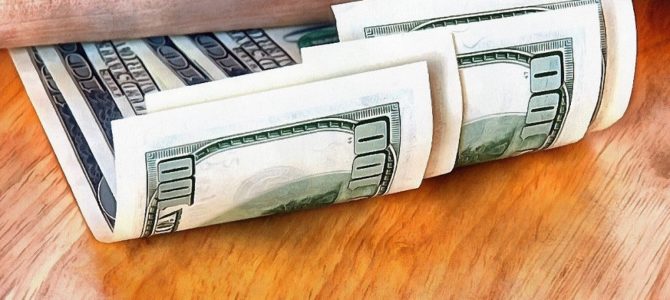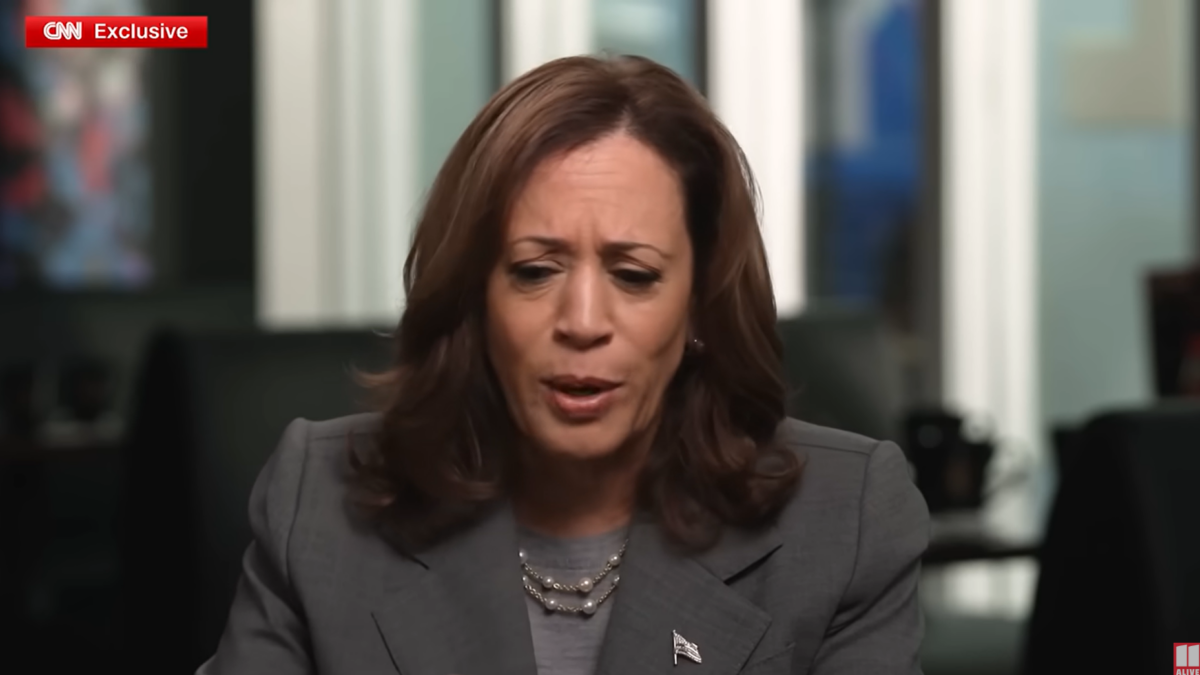Central banks are shrouded in secrecy and few understand how they operate. These institutions handle economic matters that we’re told are far too complex for average people to understand.
The Federal Reserve’s secrecy originated from its inception, when created by a group of elite men using secret code names at a place named Jekyll Island a century ago. No doubt at least one mustache was twirled mischievously. Of course the day to day of monetary policy is far less thrilling, but that doesn’t mean the consequences of these bankers’ actions are any less dramatic.
A decade after the latest financial crisis — fueled by the cheap money policies of former Fed chairman Alan Greenspan — low interest rates and “quantitative easing” have continued to inflate what Donald Trump once rightly called a “big, fat, ugly bubble.” The monetary policies that the Fed imposes bring significant harm to many Americans who are impacted by the whims of bureaucratic economists with unchecked egos.
For all the secrecy afforded to the Fed and other central banks, most of these decisions are made in plain view of the public, enjoying the protection that comes with dreadfully dull technical language of modern economics. For an example, look no further than the nomination battle going on right now over Marvin Goodfriend to the board of governors.
An economics professor and a former Fed official, Goodfriend was not only nominated by Donald Trump but enjoys the support of most Republicans in Washington. But Goodfriend’s actual monetary views should be terrifying to anyone who values individual liberty and limited government — or even merely an economy based on truth rather than fiction.
In 2016, at an annual Federal Reserve conference in Wyoming, Goodfriend argued that the problem central banks face is that — in an era of already low interest rates — they need the ability to push rates negative. In plain English, central banks have tried to make loans as cheap as they possibility can, so they need the ability to penalize banks for not lending when they want them to lend.
While this may sound great to those who don’t like banks, it’s important to realize that this cost will be passed along to customers. Not only will you not be getting paid interest for your keeping your savings in a bank account — you will now be charged for having one.
The way around this, of course, is to simply take your money out of the bank and keep it under your mattress. In fact, this is what we have seen in Japan and various European countries who own banks that have tried this very policy. And Goodfriend has a solution for this, too: eliminate cash entirely.
A cash-free society may not seem like a big deal in an age where debit cards and mobile payments are often more convenient than dealing with loose change, but it’s important to understand that the goal is not convenience, but control. The elimination of cash also eliminates the ability to avoid banks and therefore gives more power to the Federal Reserve and other central banks that regulate and back those institutions.
Goodfriend recognizes that eliminating cash overnight would be difficult, both logistically and politically. So, yet again, he has a solution: make paper money worth less. Withdraw $10 from the bank and your $10 bill is now worth $9.
So what Goodfriend is proposing here is empowering the Fed to create an insidious new form of tax with negative interest rates, and phasing out cash to make sure you pay it. This may sound crazy, but unfortunately Goodfriend’s views are becoming increasingly normal in the world of central bankers. From Sweden to India and Venezuela to Australia, governments around the world have already taken steps to eliminate cash from their economy. This is particularly attractive in countries like China, with a government that wants to be able to track its citizens at all times.
Simply put, this idea is as dangerous to our individual liberty as it is to our wallet.
While the latest developments from the Federal Reserve don’t captivate public attention as well as Donald Trump’s tweets, Goodfriend’s nomination deserves far more scrutiny for the havoc it can unleash on the financial well being of your family.
To stop these radical ideas from infecting the already too-powerful Fed, Goodfriend’s nomination must be stopped.









